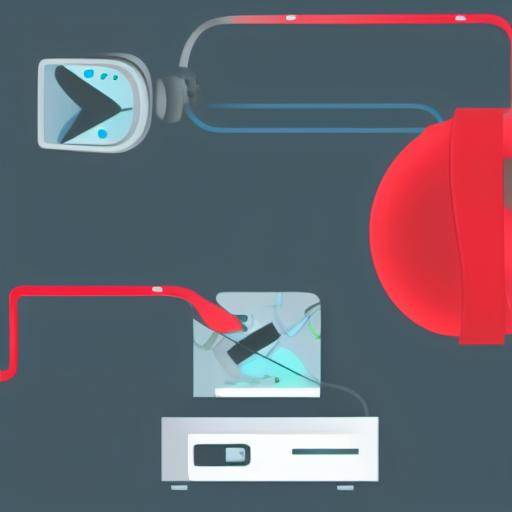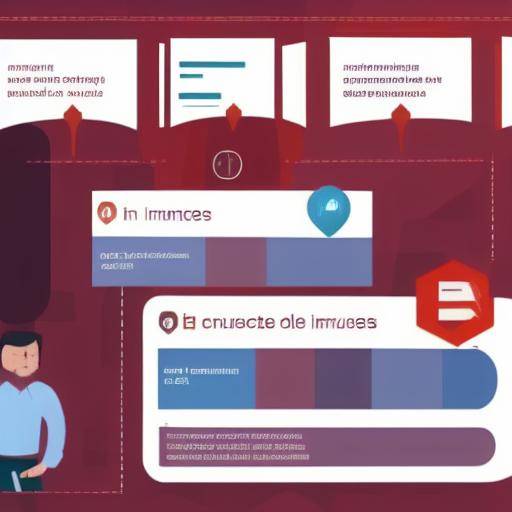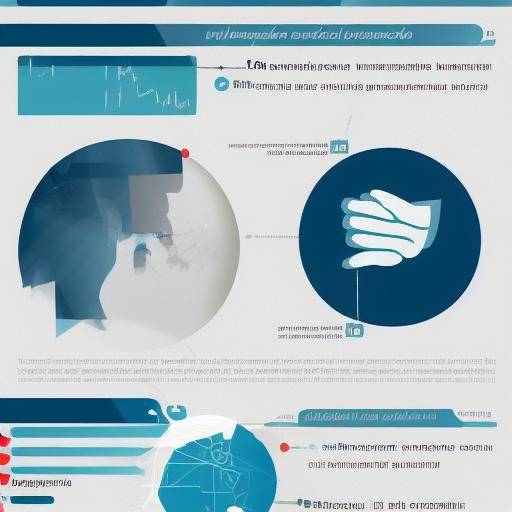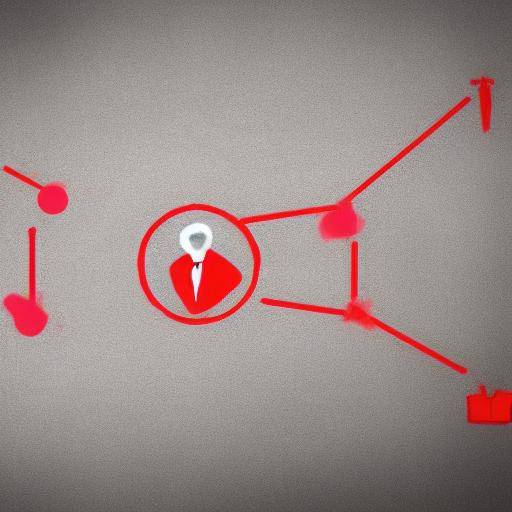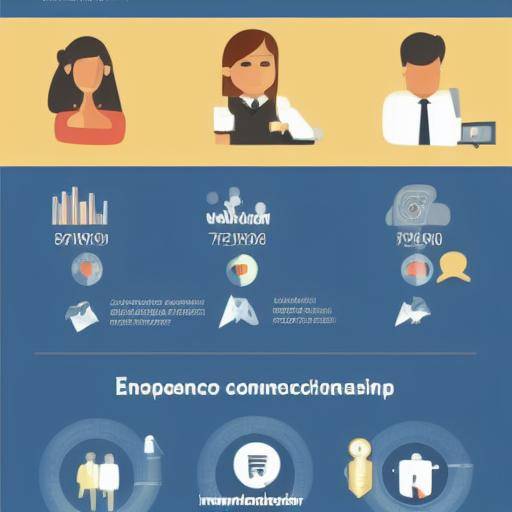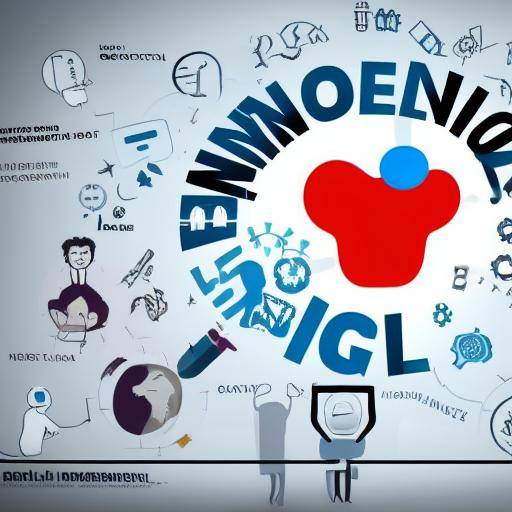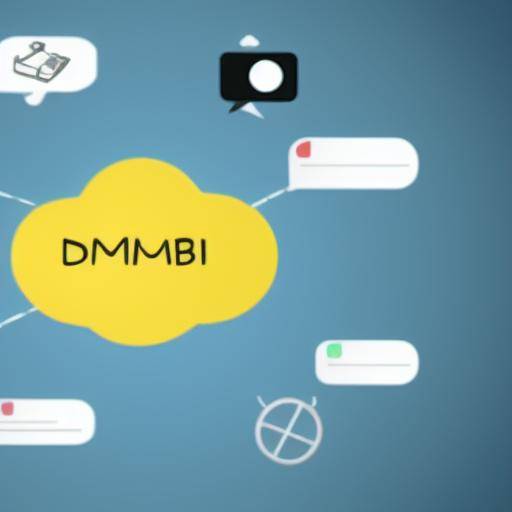
The ability to persuade is a fundamental ability in both personal and professional communication. This ability implies the ability to influence other people's beliefs, attitudes and behaviors ethically and effectively. Throughout history, persuasion has been used in various contexts and has evolved over time. In this article, we will explore in depth how to develop communication persuasion skills, their importance in different fields and provide practical advice to improve it.
Persuasion: A Fundamental Ability
Persuasion is the process of influencing the beliefs, attitudes and behaviors of others. It is based on the ability to present arguments convincingly and emotionally connect with the audience. In communication, the ability to persuade is essential to reach agreements, inspire actions and influence decision-making. Developing persuasion skills requires effective comprehension, empathy and communication skills.
Importance of Communication Skills
Communication skills play a crucial role in the persuasion process. The ability to express themselves clearly, to listen actively and to understand the needs and concerns of the audience is essential to effectively persuade. In addition, empathy and emotional intelligence are key components in the development of persuasion skills, as they allow connecting with audiences to a deeper level.
Influence throughout History
Persuasion and influence have played significant roles throughout history, from antiquity to the digital era. In ancient Greece, figures such as Socrates and Aristotle developed persuasion techniques that remain relevant today. During the industrial revolution, persuasion was used in advertising and marketing to influence consumer purchasing decisions. At present, influence extends through digital platforms and social networks, where persuasive communication can have a massive impact.
Developing Persuasion Skills in Communication: Practical Tips
- Know your audience: Understanding the needs, desires and concerns of your audience is essential to adapt your message in a persuasive way.
- Use the narrative: Counting relevant and emotionally shocking stories can capture attention and generate connection with your audience.
- Enhance with evidence: Use data, statistics, testimonies or other evidence to support your arguments and increase your credibility.
- Listen actively: Persuasive communication is not only about speaking, but also listening. The empathy and understanding of audience prospects are key to effectively persuade.
- Adapt your language and tone: Use clear and accessible language, and adapt your tone to establish an emotional connection with your audience.
- Practice the resolution of objections: Advance possible objections or doubts and prepare compelling responses to effectively address them.
Persuasion, Communication and Influence Skills: Comparison and Contracting
Persuasion, communication skills and influence are closely related, but differ in some key aspects. While persuasion focuses on changing attitudes and behaviors through compelling arguments, communication skills encompass a wider spectrum that includes listening, empathy and adaptation of the message. On the other hand, influence encompasses the power to affect the decisions and actions of others, and can manifest itself through different styles of persuasive communication.
Future Trends and Predictions
The use of persuasion and influence in communication will continue to evolve with technological advances and the change of social dynamics. In an increasingly connected world, effective persuasion and communication skills will be fundamental in building meaningful relationships and building confidence in personal and professional environments. Artificial intelligence and data analytics are also impacting the way persuasion and influence is done, offering deeper insights on audience preferences and behaviors.
Conclusion
In short, developing communication persuasion skills is essential to effectively influence other people's beliefs and behaviors. By understanding the importance of communication skills, historical and current influence, as well as practical advice to improve persuasion, individuals can strengthen their ability to communicate ideas effectively. As a result, they can generate a positive impact both on a personal and professional level.
FAQs
What is the difference between persuasion and manipulation?
The main difference lies in ethics. While persuasion seeks to influence others in an honest and ethical way, manipulation seeks to influence misleadingly or unfairly, with the purpose of obtaining personal benefits at the expense of the audience.
How can I practice my persuasion skills?
You can practice your persuasion skills by participating in debates, public presentations, negotiations and offering convincing arguments in everyday situations. Constant practice and feedback will help you improve your skills.
Are persuasion skills useful in the working environment?
Absolutely. Persuasion skills are valuable in working environments to influence decisions, lead teams, close agreements and negotiations, as well as to effectively communicate the vision and goals of an organization.
Is it possible to persuade someone if they do not agree with my point of view?
Yes, persuasion involves not only changing the opinion of others, but also connecting emotionally, understanding their perspectives and finding points in common to reach a common ground.
What is the role of empathy in persuasion?
Empathy plays a crucial role in persuasion, as it allows us to understand the needs, concerns and points of view of the audience. By demonstrating empathy, the emotional connection is strengthened and the effectiveness of persuasion is increased.
How can I ethically persuade?
Ethical persuasion implies presenting arguments in an honest way, without concealing important information or resorting to manipulative tactics. Transparency and sincerity are fundamental to ethical persuasion.
In conclusion, developing persuasion skills in communication is a path that involves understanding the needs and perspectives of the audience, applying ethical principles, and practicing effective communication techniques. By combining the history and evolution of persuasion, providing practical advice and addressing frequent questions, this article seeks to equip readers with the knowledge and tools necessary to improve their persuasion and communication skills in various contexts.


